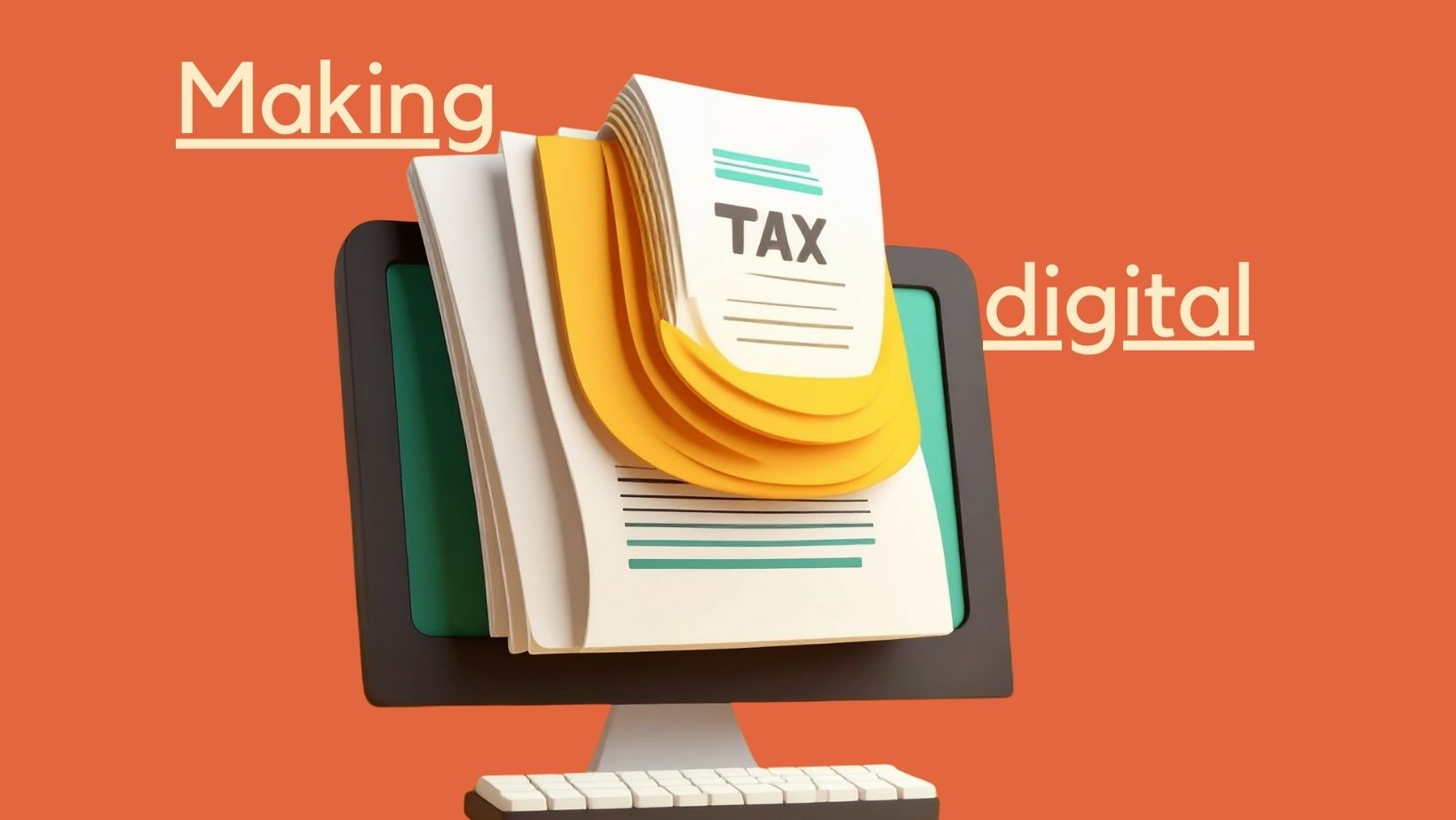If you’re a landlord or self-employed and have dabbled in cryptocurrency – even just occasionally – it’s time to pay attention.
HMRC is tightening its grip on digital assets (or cryptoassets), with new international reporting rules coming into effect from January 2026. These changes could lead to fines of up to £300, or even more, if you’re found to be non-compliant.
This isn’t scare-mongering. It’s about understanding the upcoming rules and taking steps now to ensure you’re on the right side of the law.
What’s changing?
From January 2026, cryptocurrency platforms will be required to collect and share information about their users, including names, addresses, and transaction data with HMRC and other tax authorities around the world.
These new obligations are part of the OECD’s Crypto-Asset Reporting Framework (CARF), which the UK has signed up to. It’s designed to prevent individuals from using cryptoassets to hide income or gains offshore and avoid tax.
That means if you’ve made profits from crypto trading, investing, staking, or mining, and haven’t declared them properly, it’s going to become much harder to stay under the radar.
What are the risks?
Once HMRC receives this data, it can cross-check your crypto activity against your tax returns. If discrepancies are found, you could face:
- A £300 fine for failure to provide requested information
- Daily penalties of up to £60 for continued non-compliance
- Backdated tax bills, interest and further fines
- Criminal investigations in cases of deliberate tax evasion
HMRC has already been sending ‘nudge letters’ to individuals they suspect of holding cryptoassets, asking them to review their tax position. With this new level of transparency, those letters are likely to increase in number… and severity.
Why does this matter to landlords and the self-employed?
Many landlords and small business owners invest in cryptocurrency as a side activity, thinking it’s separate from their main income. But to HMRC, all sources of income matter, and profits from crypto are taxable.
If you:
- Cashed out crypto and made a profit
- Used crypto to pay for goods or services
- Mined or staked crypto for rewards
- Traded between different coins
…then you may owe Capital Gains Tax or Income Tax, depending on the nature of the activity.
Failing to report this accurately, even unintentionally, could lead to problems down the line.
What you should do now
Here are some practical steps to protect yourself before the 2026 rules kick in:
- Review your crypto history
Go back through all your crypto transactions – buying, selling, swapping, and earning – and work out what profits (or losses) you’ve made. You may need help from a crypto tax tool or accountant to get the full picture. - Declare any undisclosed gains
If you realise you haven’t reported crypto gains in previous tax years, it’s best to make a voluntary disclosure to HMRC. This can reduce penalties and demonstrate that you’re acting in good faith. - Keep proper records
Going forward, make sure you keep detailed records of all your crypto activity – including dates, values in GBP, and the nature of each transaction. HMRC expects these records to be kept for at least five years after the submission deadline of each tax year. - Speak to an accountant
Tax on crypto can get complex, especially when it interacts with your other income or business activities. A qualified accountant – especially one familiar with self-employment or landlord finances – can help you stay compliant and avoid costly surprises.
Final thoughts
Whether you’re a full-time trader or someone who bought a bit of Bitcoin during lockdown, crypto is now very much on HMRC’s radar. With tighter reporting rules and growing access to global data, the window for quietly forgetting your crypto profits is closing fast.





